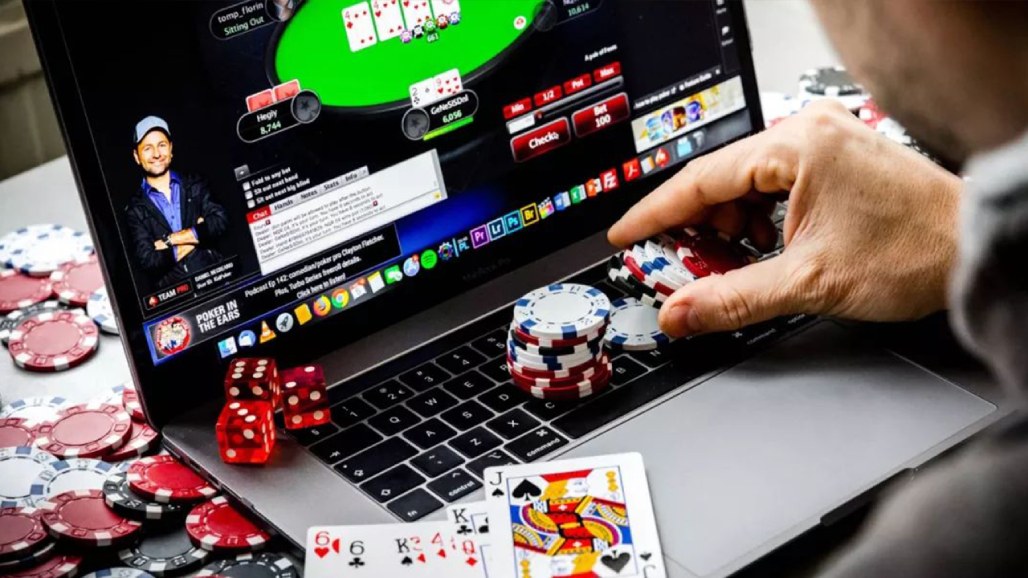
In an interview with Asia Gaming Brief at the London International Casino Exhibition, PAGCOR Chairman Alejandro Tengco highlighted the Philippines’ capabilities as a reliable hub for foreign operators, pointing to encouraging results in 2023.
The Philippine Gaming Authority reported significant growth in online gaming, with electronic gaming revenues up 92.32 percent from the previous year to 58.16 billion pesos ($1.03 billion).
In 2023, more than 1,000 video game websites were legalized. PAGCOR forecasts that the company will continue to expand, with full-year 2024 sales expected to reach Php 61.75 billion ($1.09 billion).
Speaking at the ICE Asia conference in London, the Tengco chairman mentioned the fact that the Philippines is the only country in Southeast Asia with regulations regulating online gambling.
He outlined efforts to improve the industry’s standing, such as addressing concerns about Philippine Offshore Gaming Operators (POGOs) and their possible links to illegal activities.
After more than 250 former principal and sub-licensees under the POGO system re-applied starting in 2023, there are currently only 75 licensees in total. Tengco said balanced regulation was the reason for the increase in its revenue despite the decline. By reducing costs and incentivizing businesses with legitimate government licenses, PAGCOR seeks to further deter illegal activity.
PAGCOR's strategy has generated interest not only within its own country, but also in neighboring countries such as Cambodia.
Tengco said a request from a Cambodian team for guidance on how to control online and offline gambling highlighted the Philippines’ expertise in successfully regulating gambling in Asia.
Tengco said he is considering measures to block unapproved web servers from providing gaming services to Filipino players. He directed the organization responsible for electronic game licensing to impose restrictions on these service providers who provide games to licensees.
Tengco encourages foreign investors to create physical and virtual companies in the Philippines. Asked how this would tie into Macau's focus on activities other than gaming, he took a different approach and emphasized integrated resorts that offer a variety of experiences. He believes that the Philippine model is different from the Macau model, which will include both gaming and non-gaming attractions.









